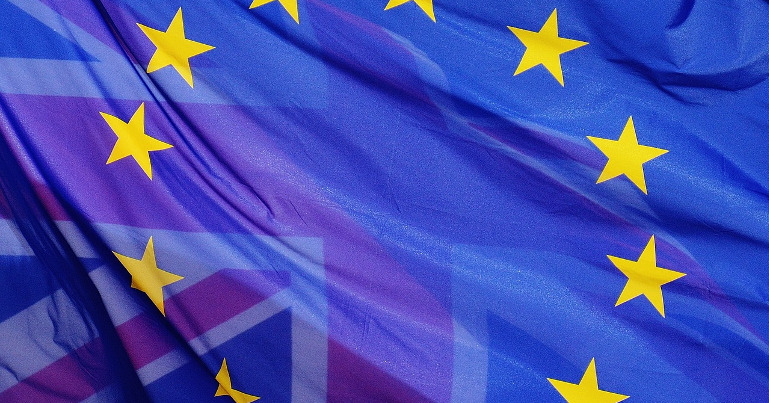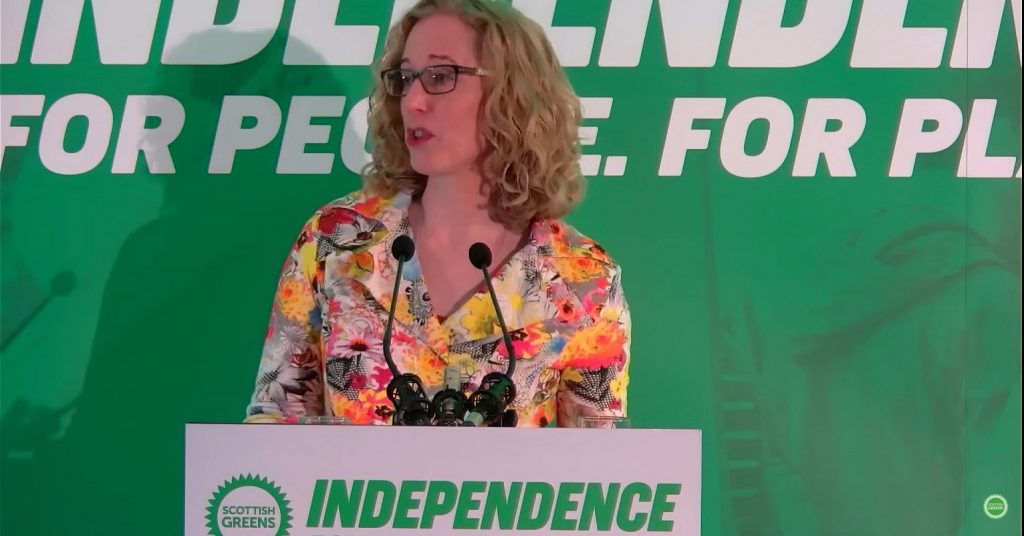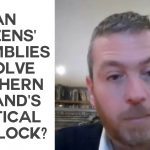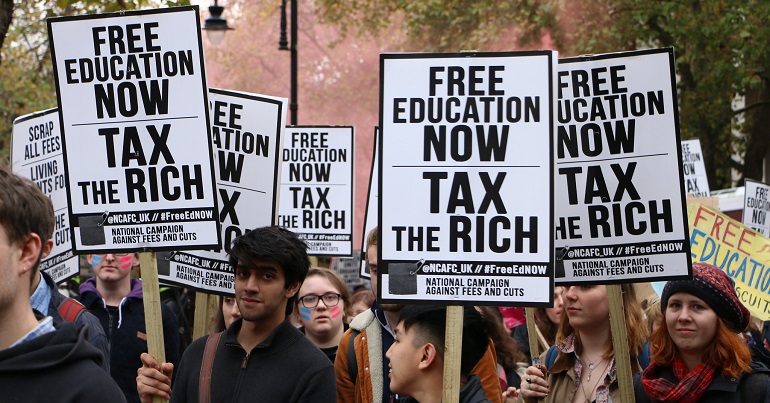Voting against Boris Johnson’s Brexit deal is vital to stop the UK becoming Singapore-upon-Thames

It might sound flippant to say the wholehearted backing given by European Research Group (ERG) Conservative MPs to Boris Johnson’s Brexit deal is reason enough to vote against it. But it is a thought worth unpicking.
For these are people with whom the Green Party profoundly disagrees on a whole host of issues, from immigration and refugees to privatisation and taxation. Their vision of the UK is of “Singapore-on-Thames”, a land where workers’ pay has been slashed and conditions demolished, environmental controls and food standards swept aside. That they see this deal as a route to their vision has got to be cause for the highest levels of concern about the content of these 1,250 densely packed pages that still leave so many unanswered questions, from data sharing to meat exports to Northern Ireland.
But the overwhelming reason why this is a powerful argument is that the ERG’s conclusion means that, whatever anyone from any other party does, the deal will comfortably pass through the House of Commons. It will surf on the 80-seat majority won by Boris Johnson with the backing of 44% of voters in the 2019 general election.
The only real argument that can be put forward for failing to vote against this deal by anyone who opposes the indefinite lockdown it imposes on the British people and the mountains of red tape it creates is that the only alternative is an even more disastrous crash-out Brexit. But crash-out is no longer on the table.
If a Commons majority sweeps the deal through, the House of Lords is not going to block it. The Lords is – counterintuitively – more representative of the views of the country than the Commons. The country that now clearly believes Brexit is a mistake – but, as (get out your parliamentary Bingo card) more than one peer is certain to say today “we are the unelected House”.
The crossbenchers (non-party) peers who hold the balance of power in the upper chamber are not going to stand in the government’s way in the undignified scramble to rush through parliament this massive change being imposed on all of us. (As Green MP Caroline Lucas wrote in the Independent, the total lack of democratic scrutiny stands also as a powerful argument for voting against the deal.)
But the argument for voting against Boris Johnson’s deal isn’t just moral or ideological, but practical – about what happens tomorrow and for the days, weeks, months and years after that as we negotiate our future relationship with our neighbours.
For this is a deal best described as a skeleton, a thin and wobbly structure, like a matchstick sailboat kit stuck together by a hasty and careless child. To enable service businesses to continue to operate and trade goods and data to flow, people to to travel and move, fish stocks to be managed sustainably and chemicals to be regulated, for Northern Ireland and Gibraltar to be functional entities, that rickety assemblage is going to have to be strengthened, hardened, its running gear added. Decisions will have to be made about whose hand is on the tiller at every step of the way.
If UK negotiators go into those talks with the wind of a massive parliamentary majority in their sails, the results will be full speed ahead to Singapore-upon-Thames. With such a thin deal on the table, and so much to be decided, this is not “getting Brexit done”, but rather starting an arduous and conflict-ridden process in which most important decisions are still to be made.
The future course of HMS Britain isn’t decided. The sails are flapping, the hull tossing directionless on the waves, the officers nowhere to be seen. The vote count today matters.
Every vote against this deal is an expression of the inadequacy, but far more importantly against the dangerous nature of the ERG vision, of a land fed on chlorine-washed chicken, hormone-laced beef and pesticide-filled vegetables, of workers deprived of rights and robbed of pay, of a society underdeveloping itself, failing to collect taxes to put into essential infrastructure, with a government stepping away even further to let US healthcare giants run the NHS and the market decide the fabric and shape of our lives.
PS. We hope you enjoyed this article. Bright Green has got big plans for the future to publish many more articles like this. You can help make that happen. Please donate to Bright Green now.
Image credit: Alexas Fotos – Creative Commons




This is one of the most absurd articles I’ve read lately.
Someone who thinks Brexit is a mistake and who doesn’t want Britain to become Singapore-upon-Thames also wants to try to create a hard no-deal Brexit that would push towards exactly what she doesn’t want?
Is basic logic ever taught at schools anymore?
Very well written. I like it because it confirms my views and employs good analogies. Thanks.